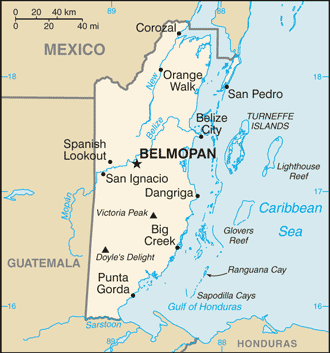The summer of 2017 appears to be “pink eye”, or conjunctivitis season in the Americas with a number of countries in Central and South America and the Caribbean reporting increases of the eye infection.

Now joining the Bahamas, Brazil, Costa Rica, Dominica, the Dominican Republic, Guadeloupe, Martinique, Mexico, Panama, Saint Lucia, Saint Martin, Suriname, and the Turks and Caicos Islands is Belize where health officials report an increase in the number of reported conjunctivitis cases, particularly in the northern and central health regions.
The Belize Health Ministry says the symptoms of pink eye include:
- Redness in the white of the eye or inner eyelid
- Watery eyes
- Thick yellow discharge that crusts over the eyelashes, especially after sleep
- Itchy eyes, blurred vision and increased sensitivity to light
They offer the following measures to prevent the spread of this contagious infection:
- Wash your hands often with soap and warm water. Wash them especially before and after cleaning, or applying eye drops or ointment to your infected eye.
- Avoid touching or rubbing your eyes. This can worsen the condition or spread the infection.
- With clean hands, wash any discharge from around your eye(s) several times a day using a clean wet washcloth. Wash the used washcloth with hot water and soap, and then wash your hands again with soap and warm water.
- Wash pillowcases, sheets, washcloths, and towels often with hot water and soap; wash your hands after handling such items.
- Do not wear contact lenses until your eye doctor says it’s okay to start wearing them again.
- Do not share personal items such as pillows, washcloths, towels, eye drops, eye and face makeup, makeup brushes, contact lenses and contact lens containers, or eyeglasses.
- Avoid shaking hands with others.
- Persons suffering pink eye should stay away from work, school and public places until the infection clears.
Related:


One thought on “Belize is the latest Central American country battling a ‘pink eye’ outbreak”